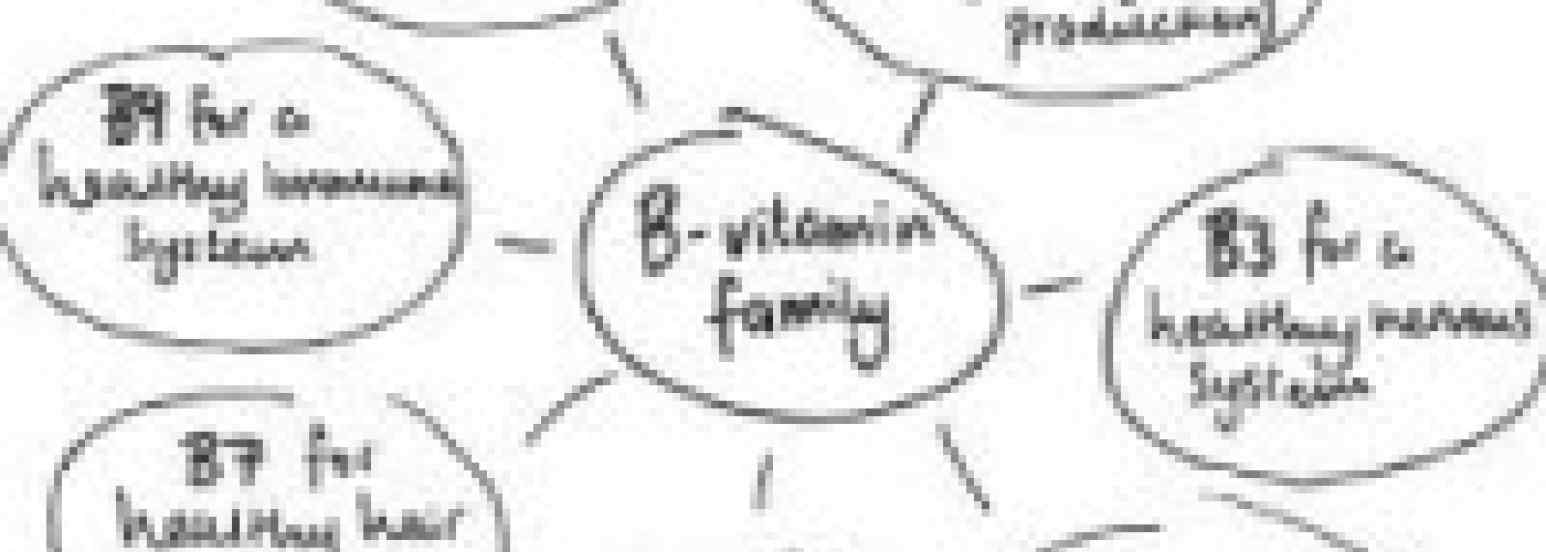Pharmaceutical companies have been trying, without success so far, to concoct a drug that could stop the progression of Alzheimer’s disease and dementia. So there’s a little bit of irony, along with a glimmer of hope, to be found in a new study that suggests that cheap, over-the-counter vitamins might have the desired effect in some older patients. The study, released online this week by the Proceedings of the National Academy of Sciences, suggests that a combination of vitamins B6 and B12 and the widely used dietary supplement folic acid can slow the brain-tissue atrophy that’s associated with dementia and cognitive decline.
The study, whose lead author is Oxford University pharmacology professor A. David Smith, followed a group of people over 70 who had showed two signs of increased dementia risk: Mild memory loss, and elevated levels of a protein called homocysteine. Some of the seniors took a vitamin cocktail that researchers described as a “high-dose vitamin-B treatment”; the others took a placebo. After 2 years the treatment group had a loss of gray-matter mass of 0.6%, roughly in line with the shrinkage normally associated with aging; the placebo group lost more than 5%. The researchers’ conclusion: “B vitamins lower homocysteine, which directly leads to a decrease in GM atrophy, thereby slowing cognitive decline.”
Smith’s team describes its findings as preliminary, since the study involved a relatively small group of subjects and since the role of homocysteine in dementia isn’t fully understood. (Indeed, not all dementia sufferers have elevated levels of the protein.) In a story that puts the new study in the context of broader Alzheimer’s research, Andrea Gerlin of Bloomberg Businessweek notes that the treatment wouldn’t likely be of any help to someone with fully developed Alzheimer’s or dementia.
Still, if a vitamin-based preventive regimen were to be proven effective, it could have enormous financial implications for retirees and their families. One recent report estimated the annual cost of caring for U.S. Alzheimer’s and dementia patients at $150 billion; the vitamin regimen tested in the recent study, Gerlin reports, costs about 30 cents a day.


